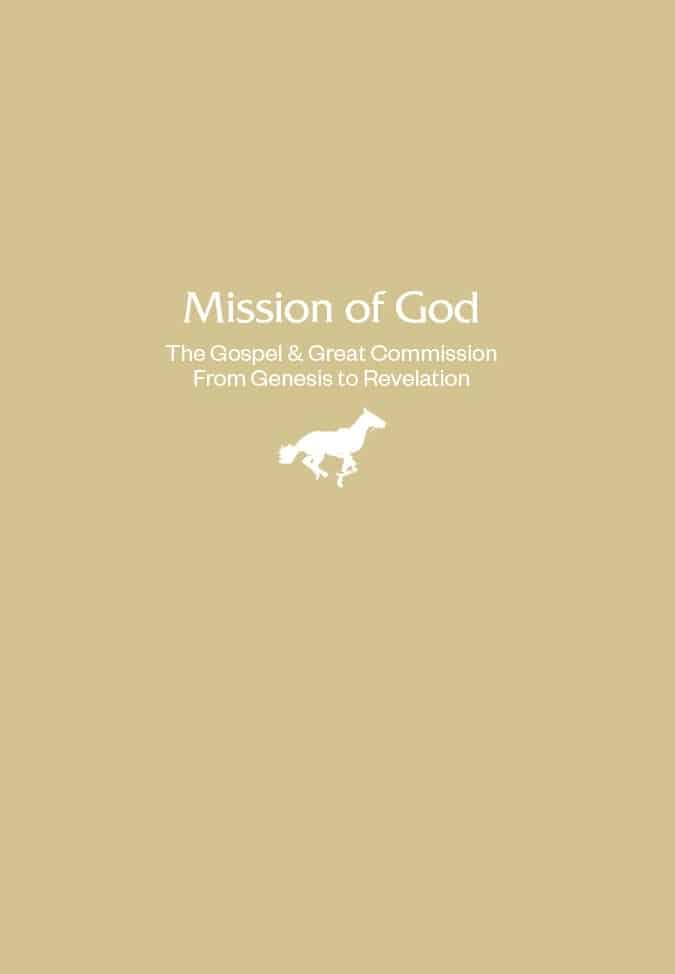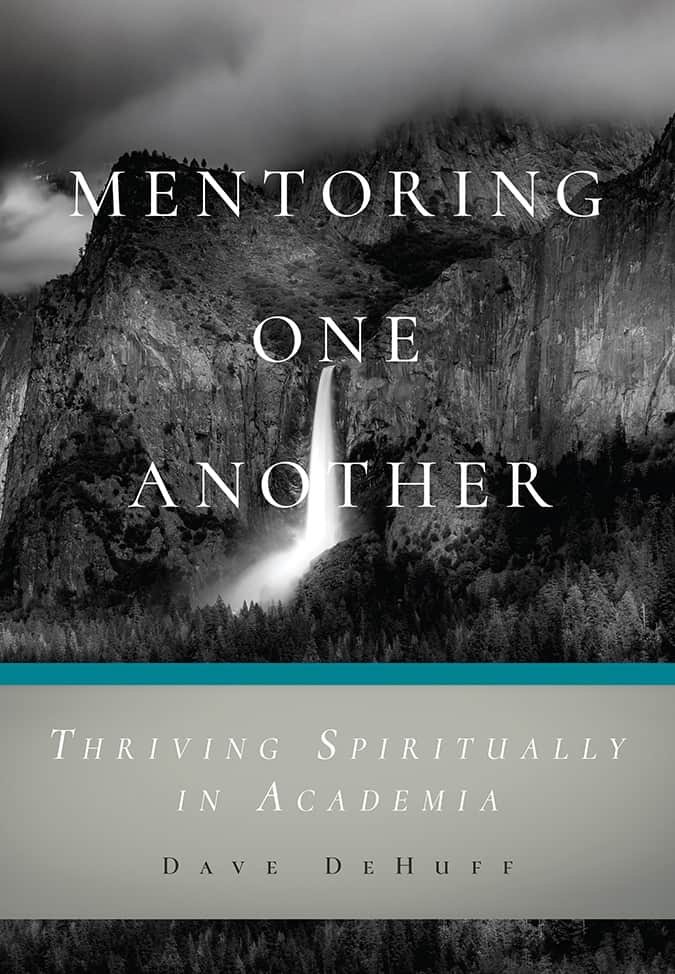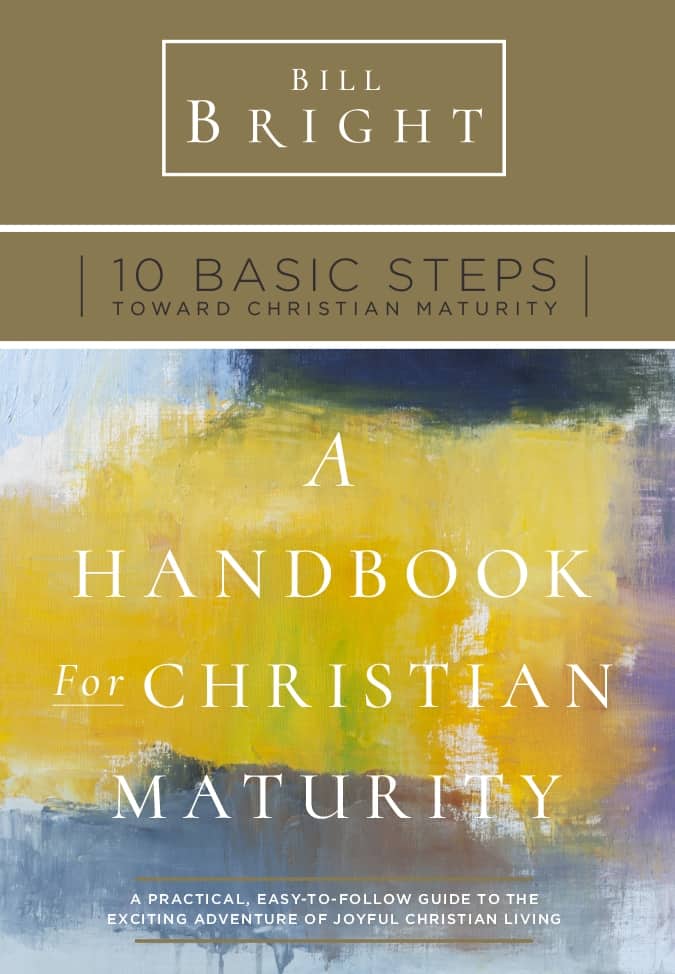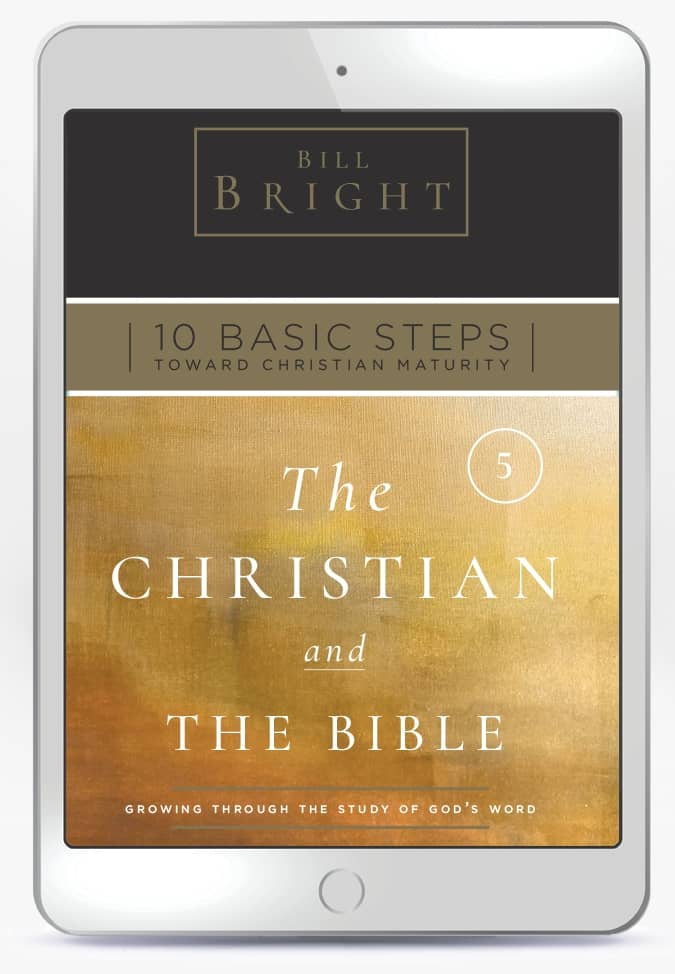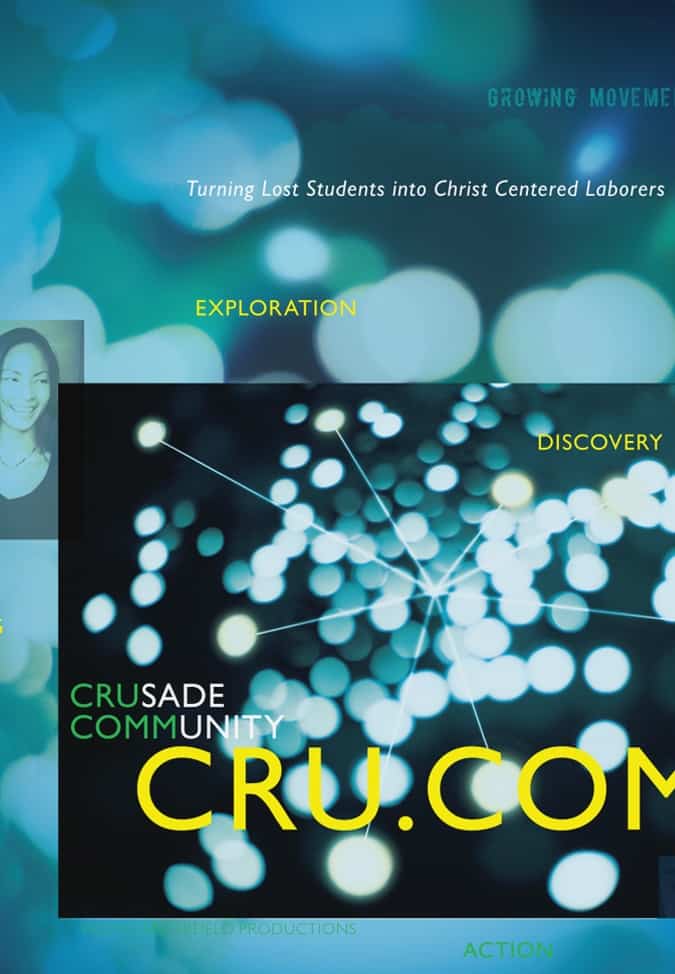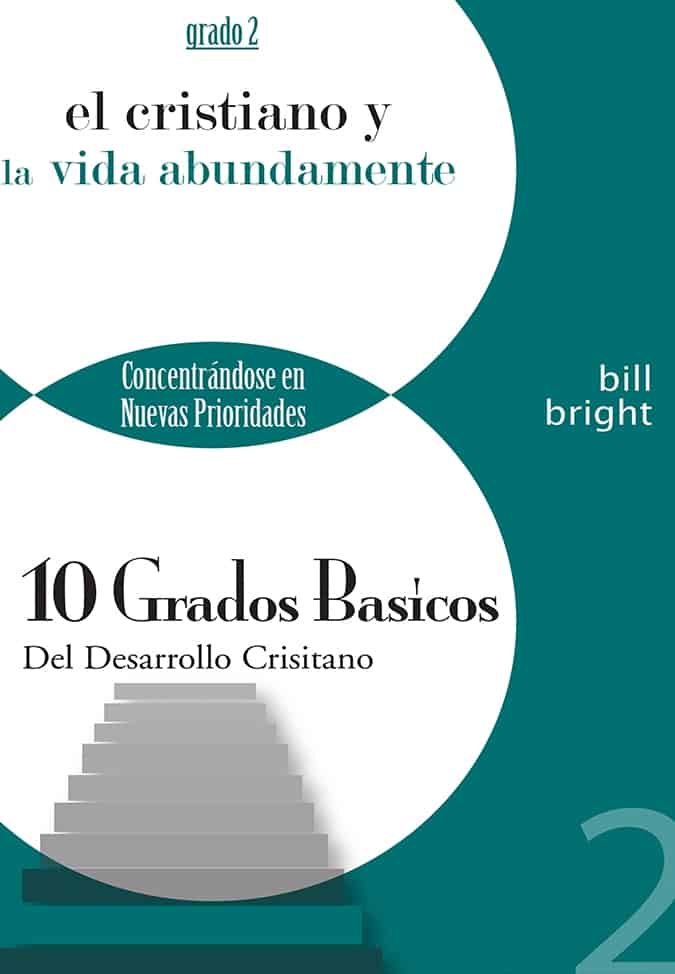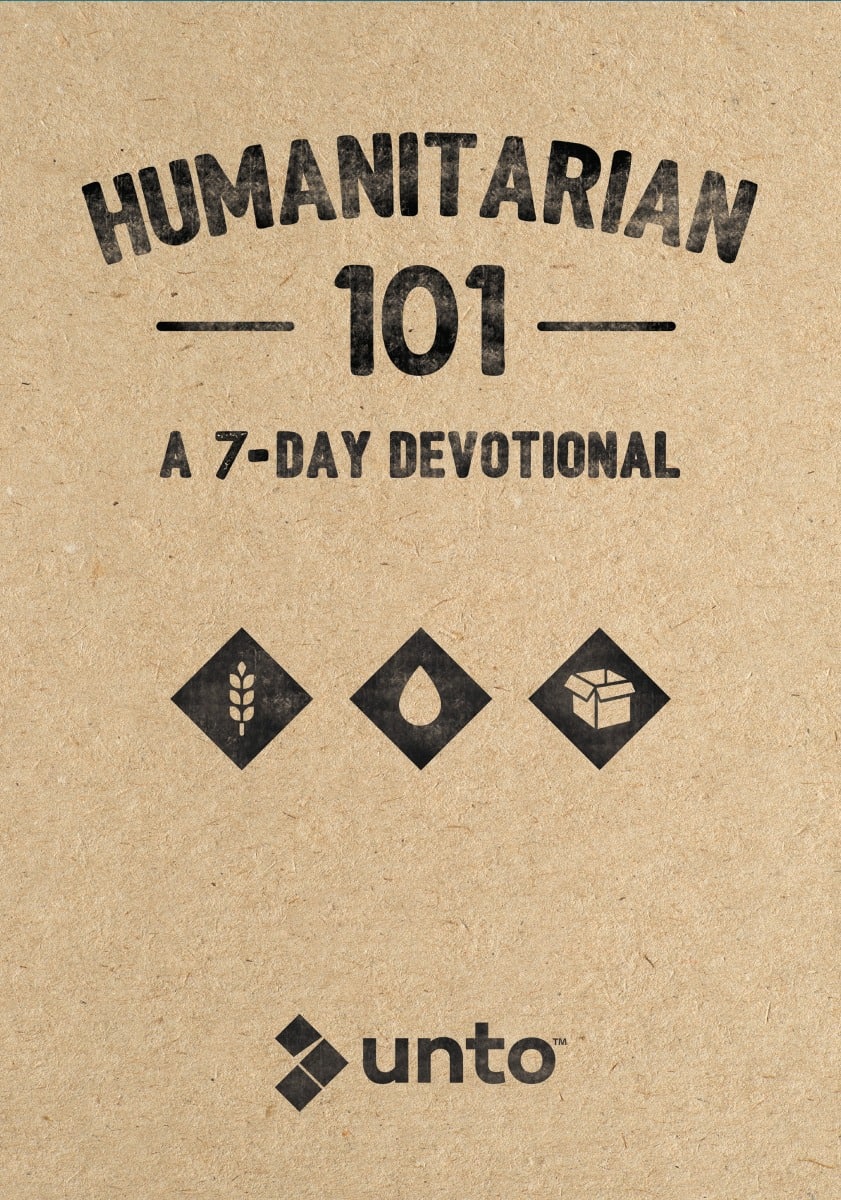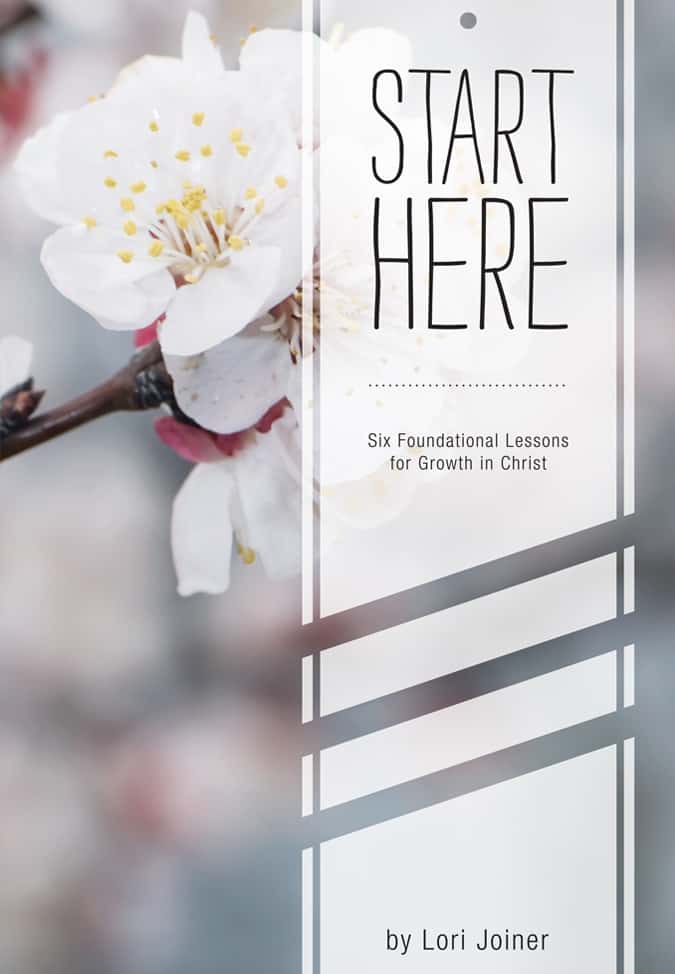The World as We Know It

Leader's Guide
What’s the Big Picture?
Though God created man to exercise dominion over the earth and reflect His divine justice, man sinned. Since then, the world has been rampant with injustice and oppression. Amidst the injustice, God tells us that He will remove those who oppress so that they may “terrify no more.”
What’s the Problem?
Though Christians believe that God is opposed to injustice, we often feel paralyzed because oppressors menace the weak with impunity. We doubt God’s faithfulness, and we are unsure of what the biblical response to these issues is.
What’s the Big Idea?
God hates injustice. Just as He calls on the Church to execute His plan of salvation, God also calls on the Church to address injustice.
What Do I Need to Know?
Genesis 1:26-28: Men and women were made in God’s image to reflect His glory on the earth. God gave them dominion over the earth to subdue and rule the creatures within it. As God’s dominion is righteous and just, so should man’s exercise of power be righteous and just. However, when man disobeyed God, sin entered the world and affected every aspect of human existence. This brokenness is particularly salient in the corrupted way in which men use their power in dominion over others.
Exodus 1:8-15: This passage illustrates a classic example of God-given dominion gone awry. Although Joseph had a close relationship with the Pharaoh of Egypt, when he died, the new Pharaoh viewed the Jews differently. Pharaoh abused his power and enslaved the Israelites for 400 years.
Psalm 10:1-11: The psalmist asks God why He is so far when there is so much oppression in the world. The wicked, the psalmist says, are defiant because they believe that God will not act. He likens the wicked to a lion that awaits the helpless and ambushes them like prey. The helpless are overcome by the might of the wicked.
Psalm 10:12-18: The psalmist entreats God to act and not forget the afflicted. He asks God to hold the wicked accountable for their actions. This section teaches us important truths about God’s disposition towards injustice: God sees, God hears and God acts on behalf of the oppressed. God will incline His ear so that oppressors may “terrify no more.”
Isaiah 1:17: One day, God will restore ultimate justice, but until then, God commands His people to pursue justice here on earth.
Bible Study
Launch Questions
If doing this study with students who haven't thought much about social justice:
- Show the two-minute "End It" movie.
- What did you think of the movie?
- Why do you think slavery still exists?
If doing this study with students already motivated to work for justice, ask:
- What is it about injustice that bothers you most?
- Are there times you feel discouraged in the fight for justice? Why?
Explore Questions
Read Genesis 1:26-28.1. What responsibility does God give man at the beginning of creation?
2. How should this responsibility be carried out?
3. How does God exercise His power? Since man is made in God’s image, what should it look like for man to exercise power and dominion in godly ways?
Teaching Point: Humanity was given the mandate by God to rule over the earth. Just as God’s rule is just, so should man’s rule be just. Unfortunately, everything has broken since the fall. This brokenness is particularly salient in the way in which men abuse their power; the Bible calls this act injustice.
Read Exodus 1:8-15.4. How do we see the abuse of power in this passage?
5. What should godly dominion (the just use of power) have looked like in this passage?
6. What was God's response to the misery of His people in Exodus 2:7-10?
Read Psalm 10.7. How is this passage similar to Exodus 1:8-15?
8. Have you ever felt like the psalmist? When?
9. What are the ways this Psalm describes our world today?
10. What does this passage teach about God’s disposition toward the oppressed?
Apply Questions
11. What do these passages teach about how God feels toward injustice?
12. What injustices are you passionate about? Why?
13. When you look at the world, is it hard for you to believe that God hates injustice?
14. Read Isaiah 1:16-17, and think about the story of the Exodus. How does God bring about rescue for the oppressed?
Teaching Point: Injustice is real, and God hates it. God hears the cries of the oppressed, and He strengthens them. Moreover, God uses His people — from Moses to us — to bring about rescue. Amidst the injustice, Psalm 10:17-18 presents a message of hope: One day, God will remove oppressors so that they may “terrify no more.”
Going Deeper
Watch a Video:
Consider watching a video on injustice at the beginning of the Bible study. Go to ijm.org to pick one that interests you.
Cross-Referencing: 2 Samuel 11:1-12:13
Look at the passage above for another biblical example of injustice.
- What are some of the similarities between how Pharaoh and David abuse their power (in Exodus and 2 Samuel, respectively)?
- How does God deal with these offenses? How does this shed light on God’s view of injustice and oppression?
Cross-Referencing: Romans 5:12,13; 3:9-18
Read these verses to better understand how the sin of Adam affected all of creation.
- What was the result of sin coming into the world?
- What type of picture does this passage paint of mankind in its broken state? How does this contribute to a biblical understanding of injustice?
Pick one from Tim Keller's Series on “Justice and Mercy” (Redeemer Presbyterian Church).
Read a Book:- "Good News About Injustice" by Gary Haugen.
- "Generous Justice" by Tim Keller.
- "When Helping Hurts" by Steve Corbett and Brian Fikkert.





